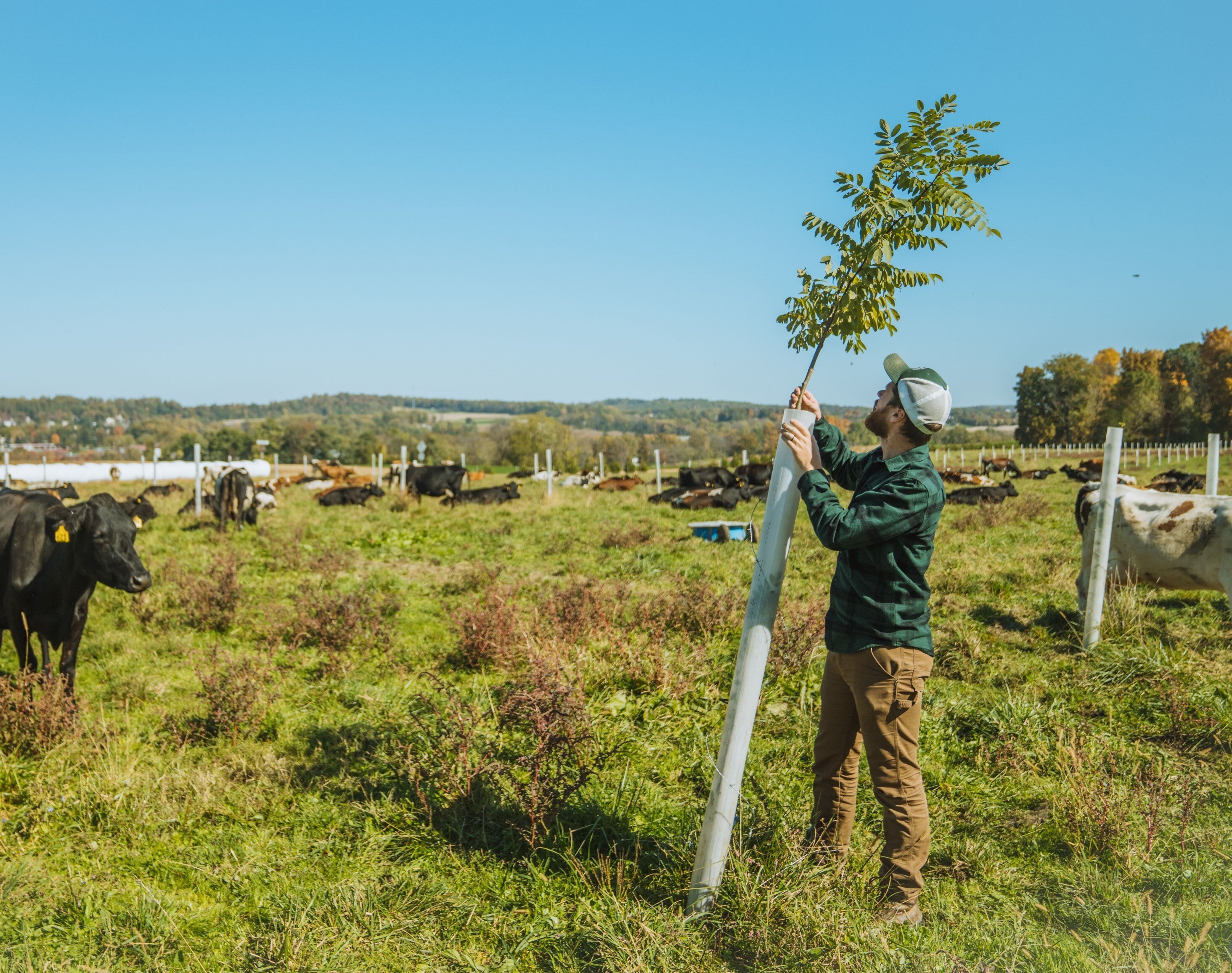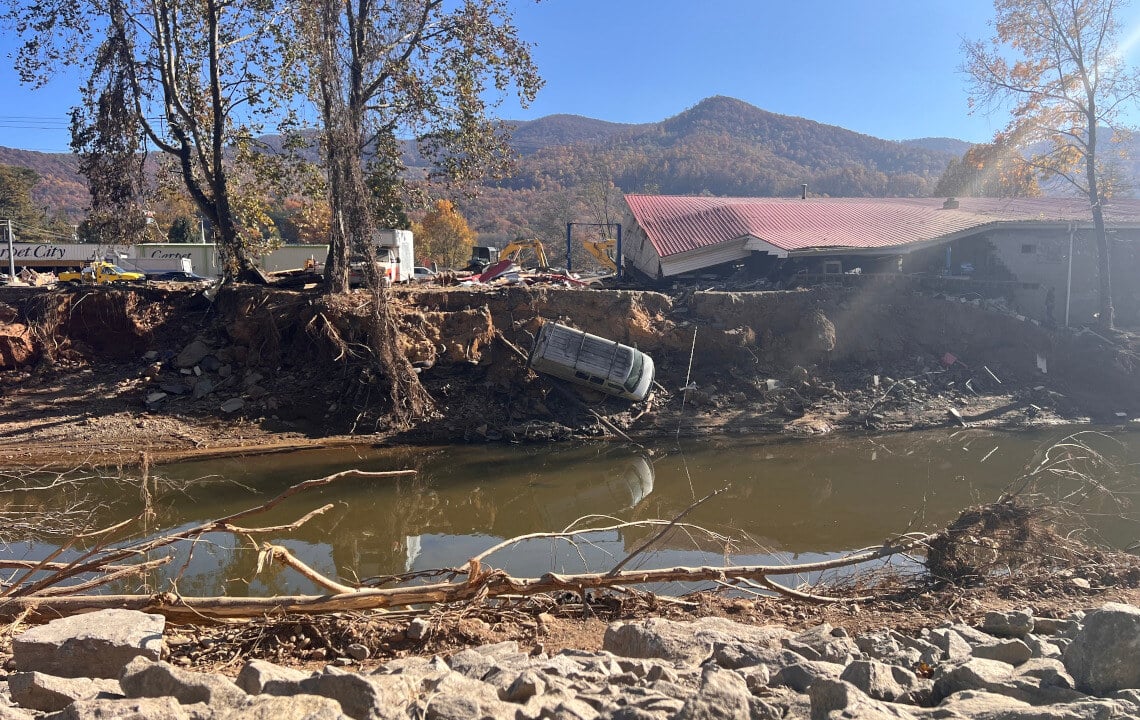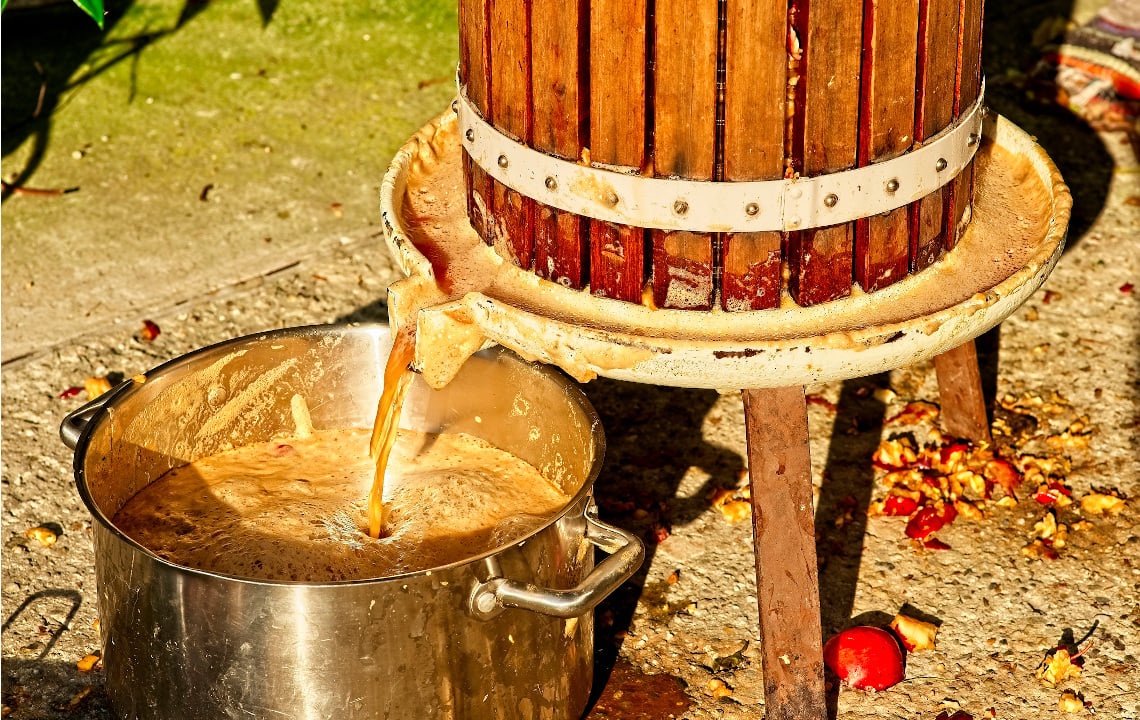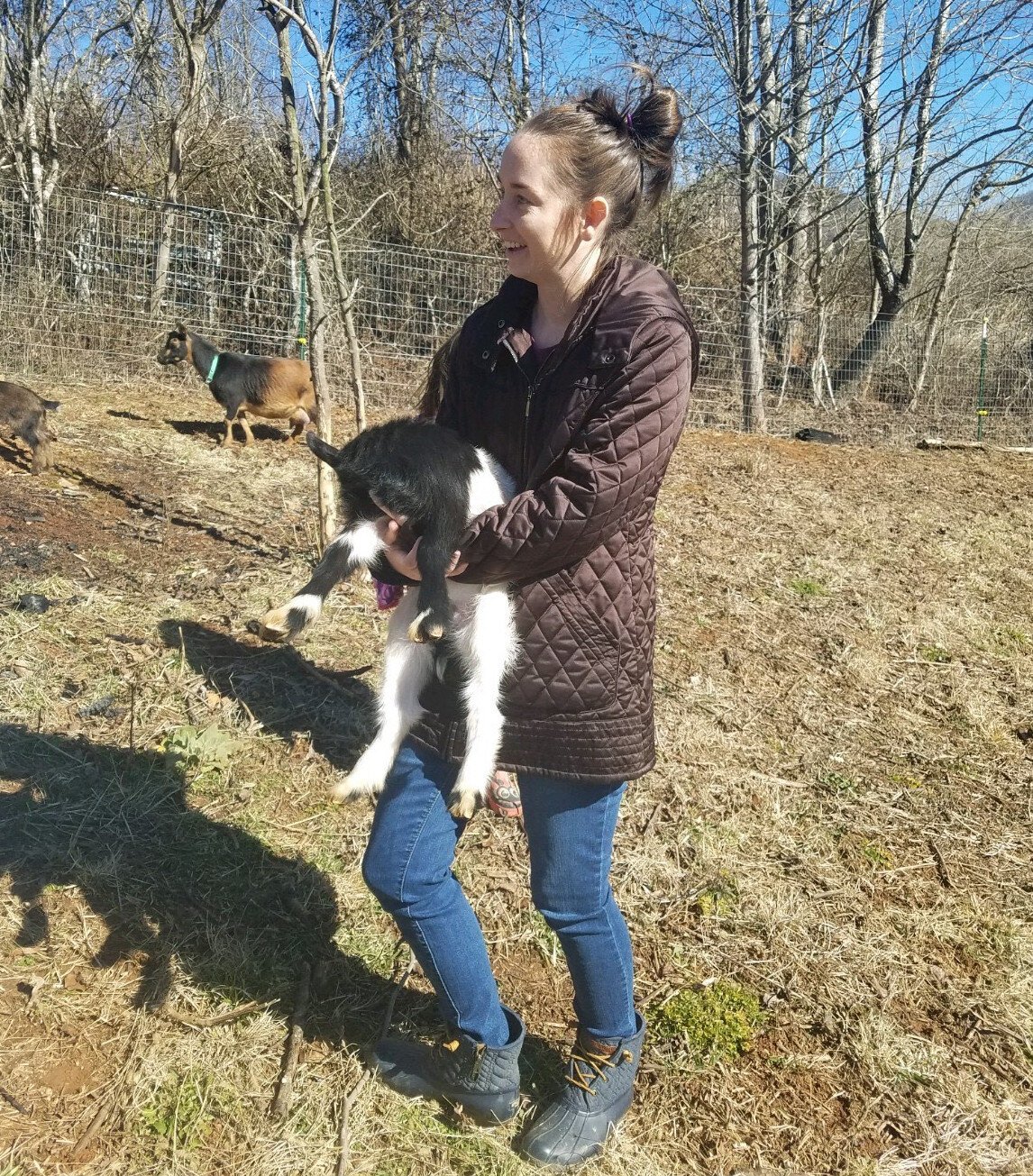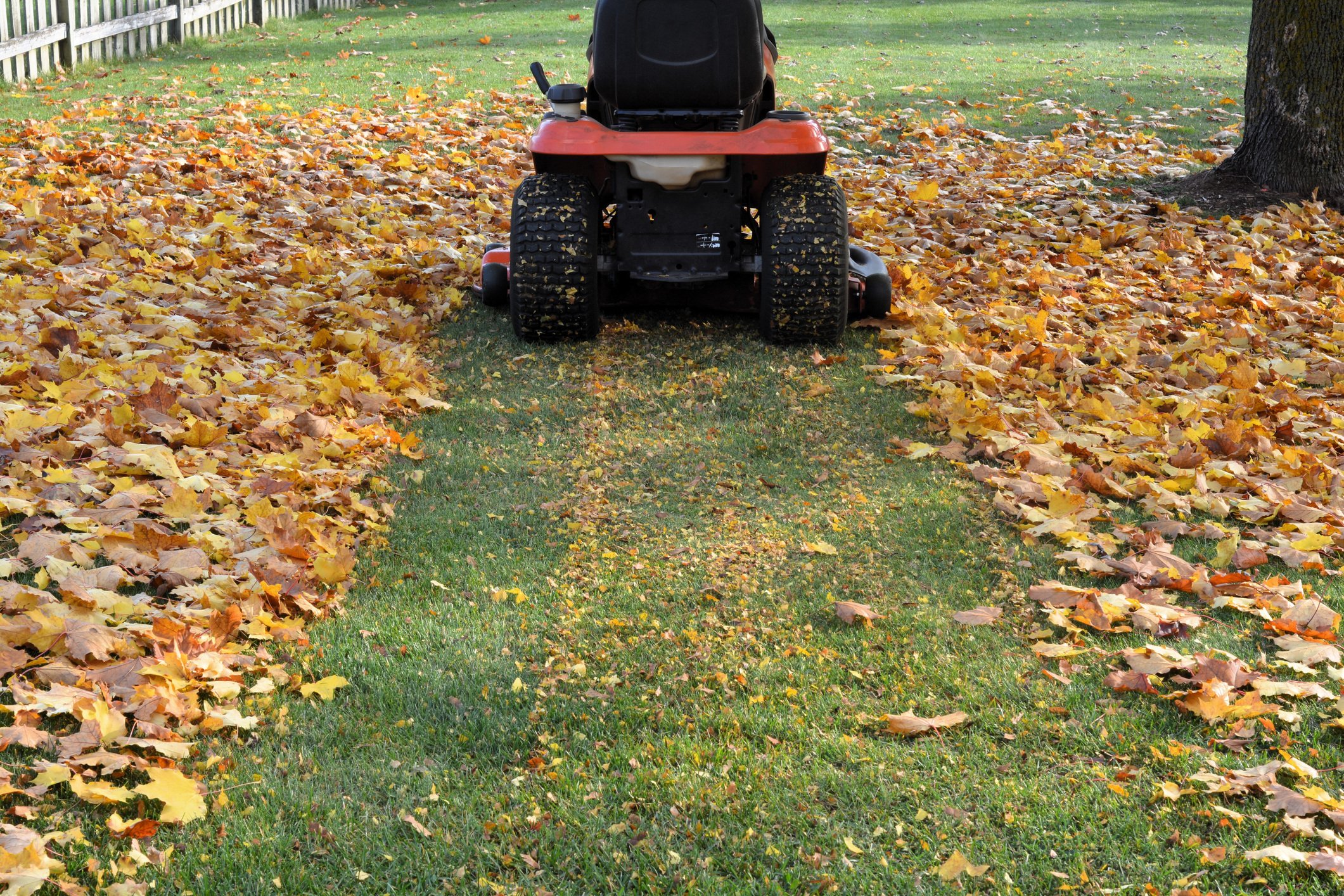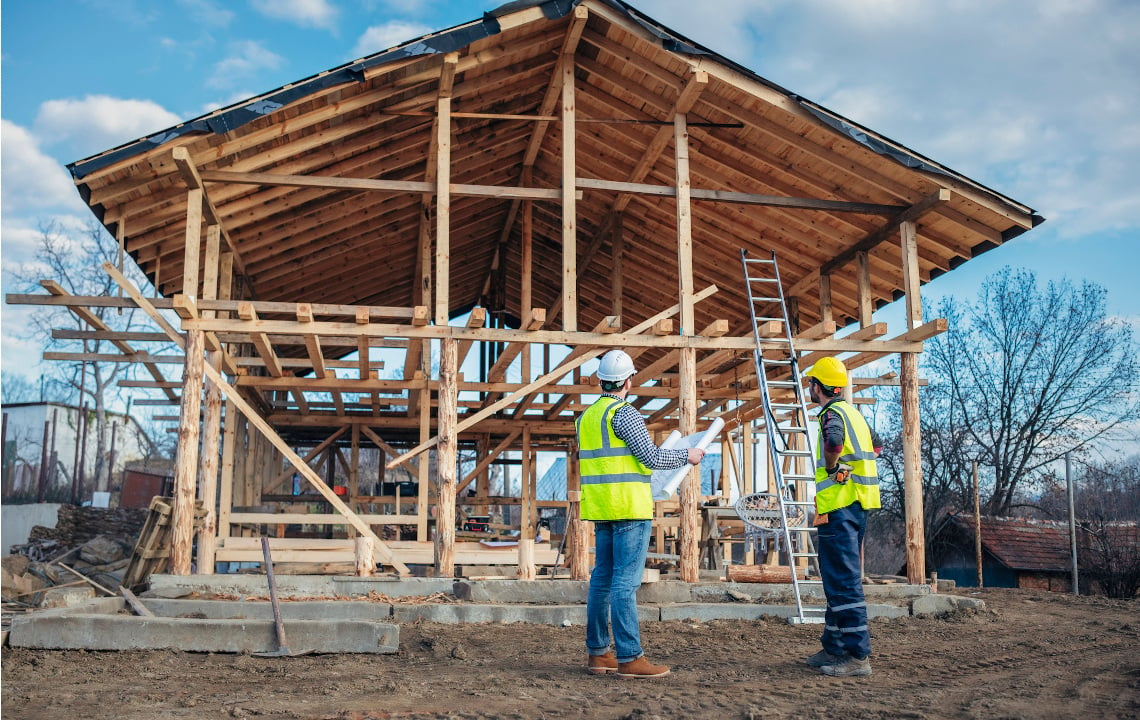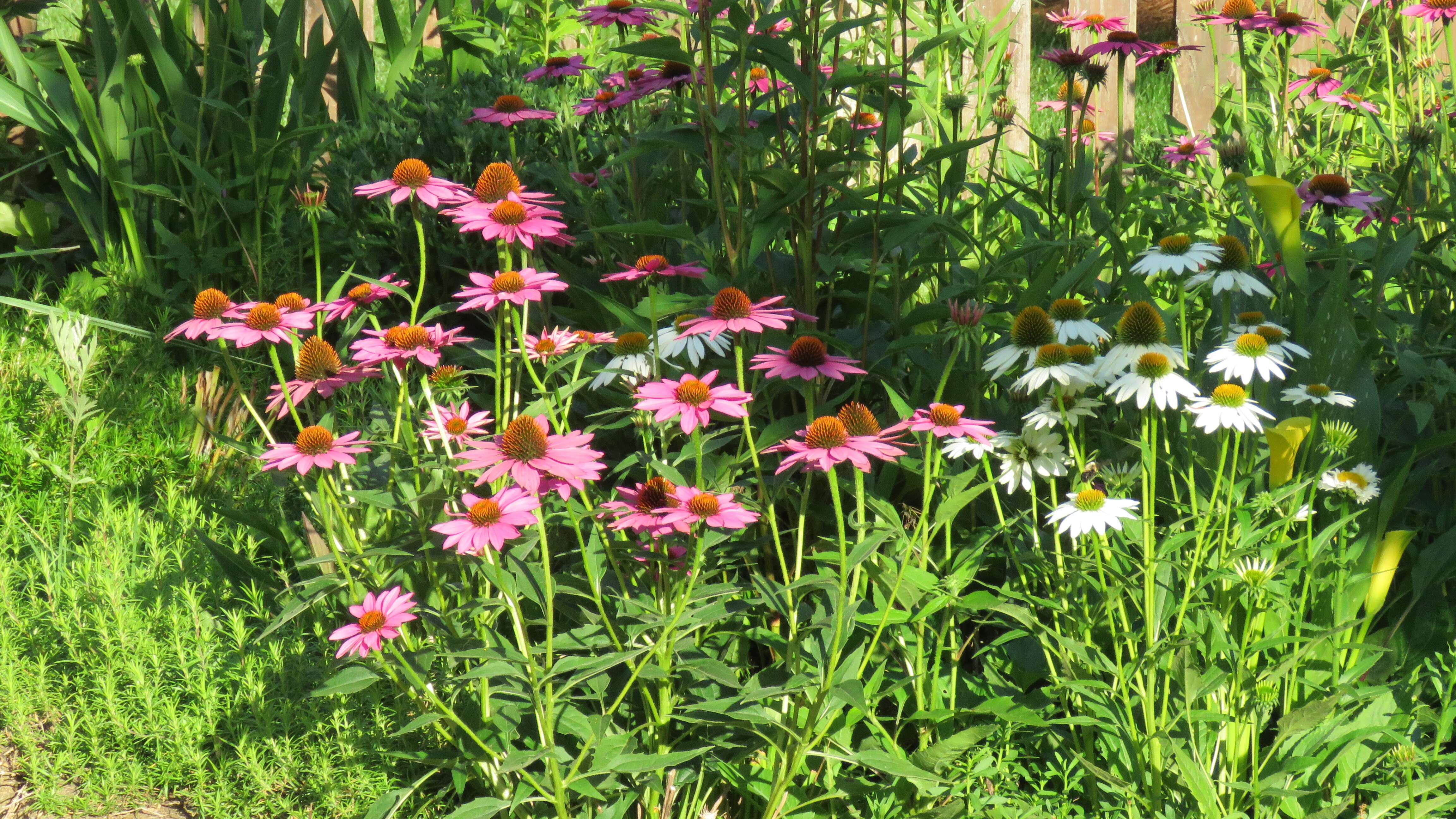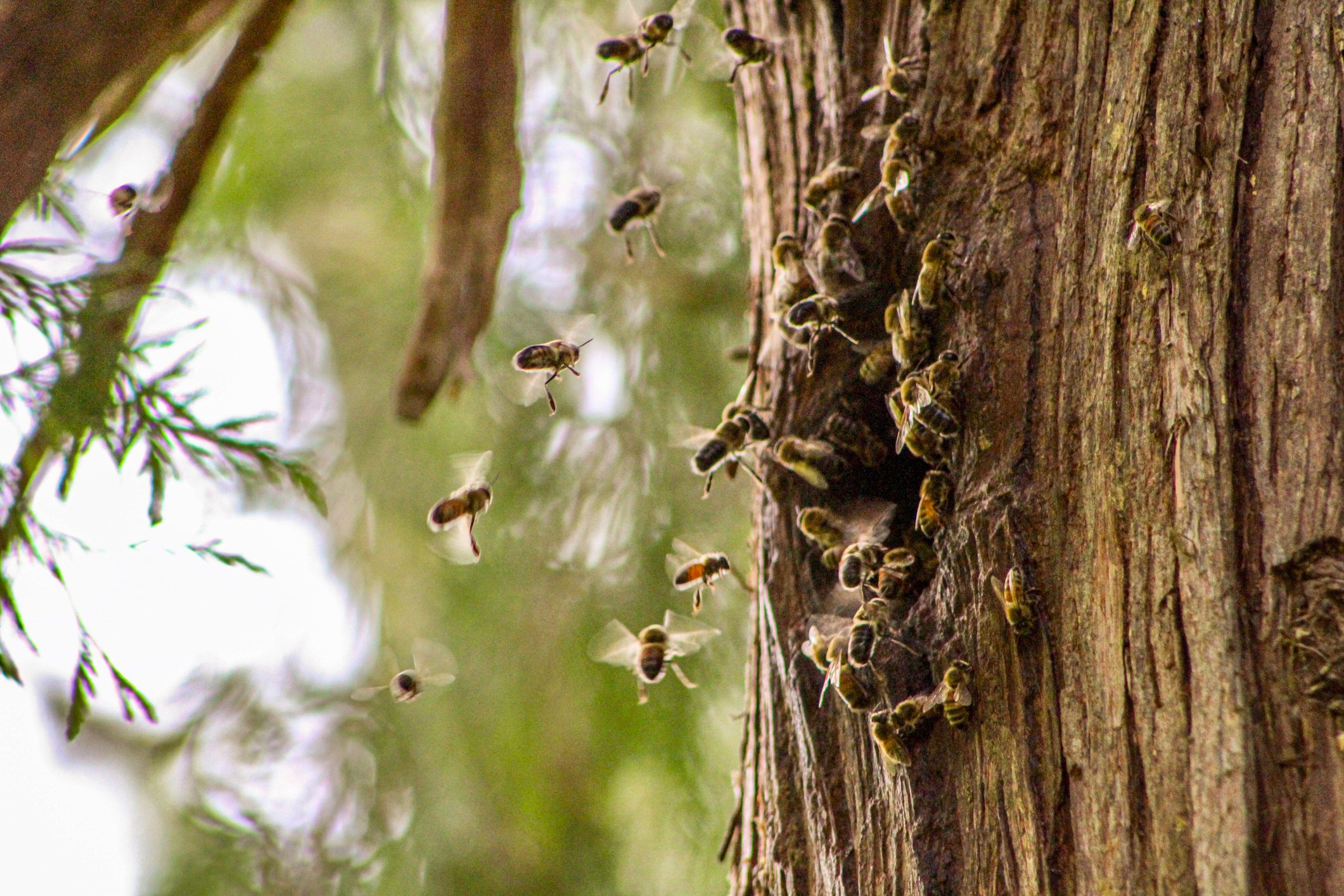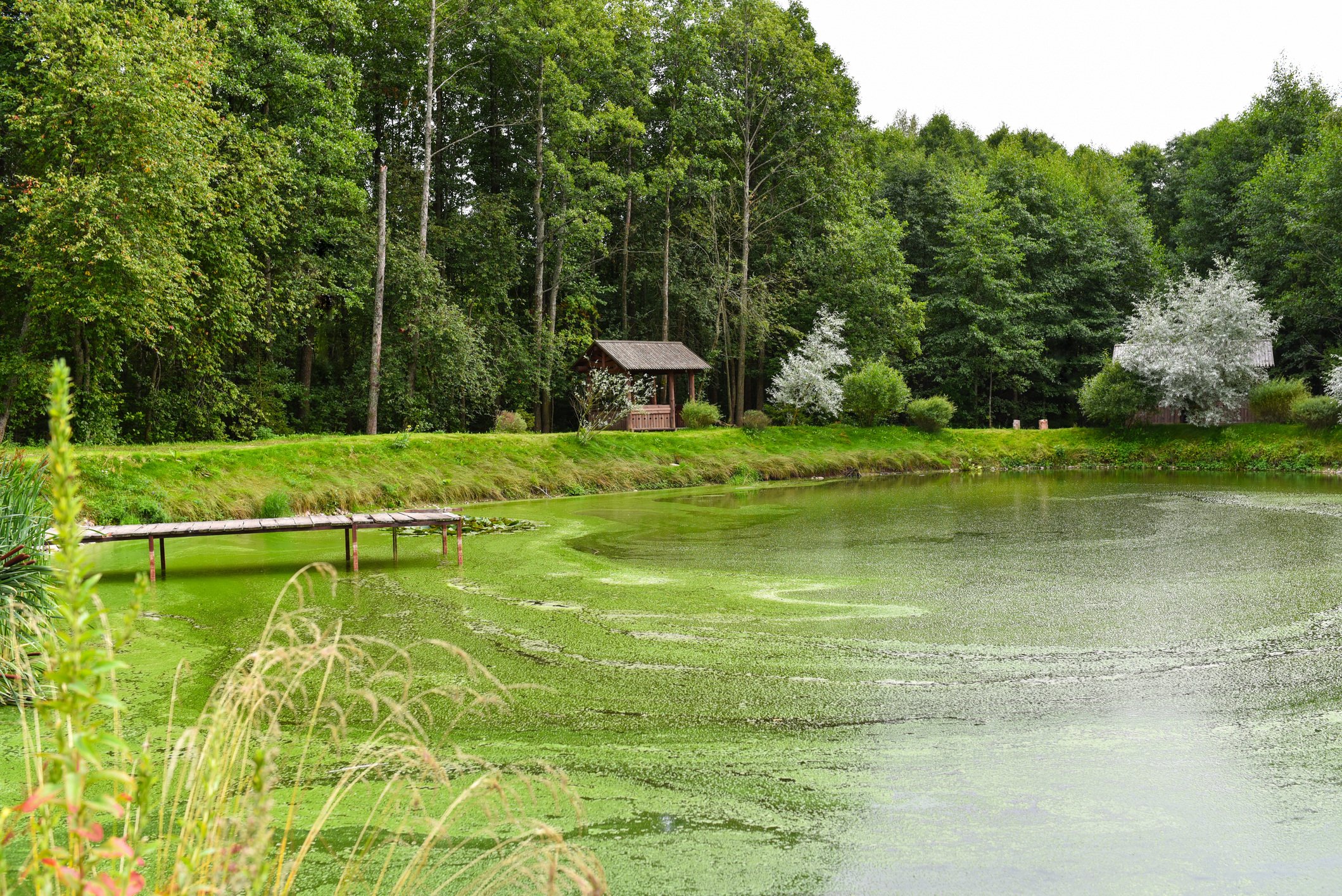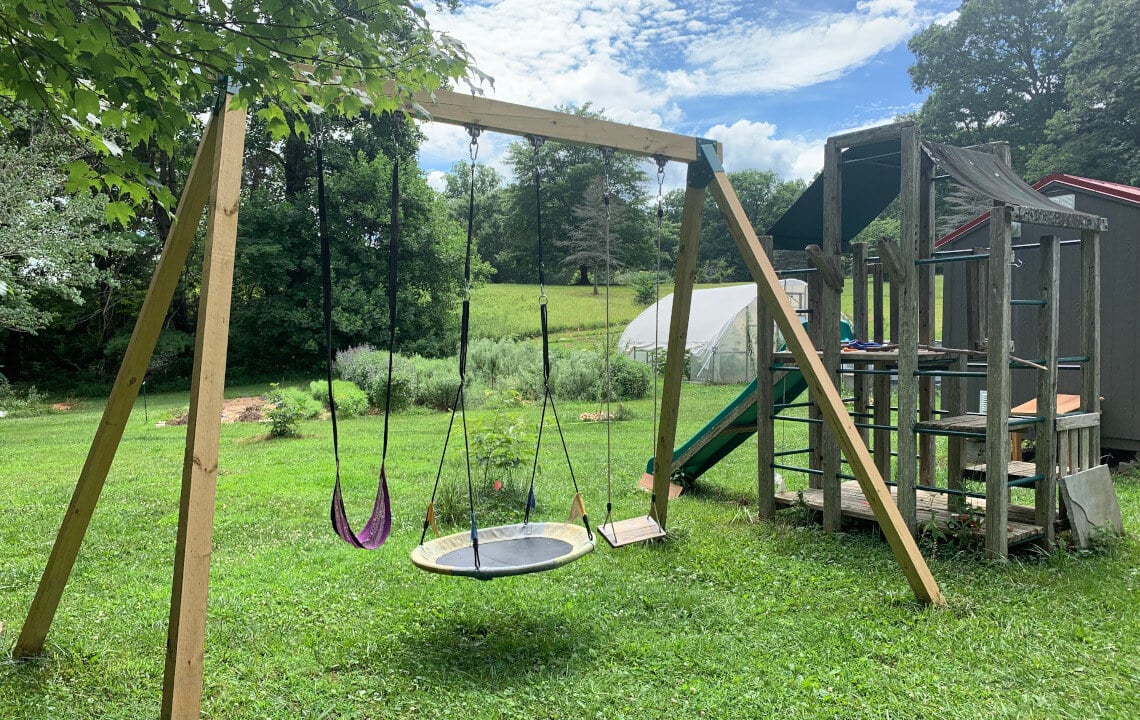We all like to think that we can cope with any situation that might arise, but as COVID-19 has revealed, some things are beyond our control. However, there are many situations that we can control by mastering some basic, practical preparadness skills. Survival expert, L. Woodrow Ross shares the practicality of basic prepping skills and how to get started.
The term prepper is a spin-off from the words prepared or preparation. It has become a catch phrase to label those people who prepare for emergencies, and in many cases learn to do tasks in ways that were used in former times.
This article was written for those interested in getting started learning practical prepping skills.
Securing and Preserving Food
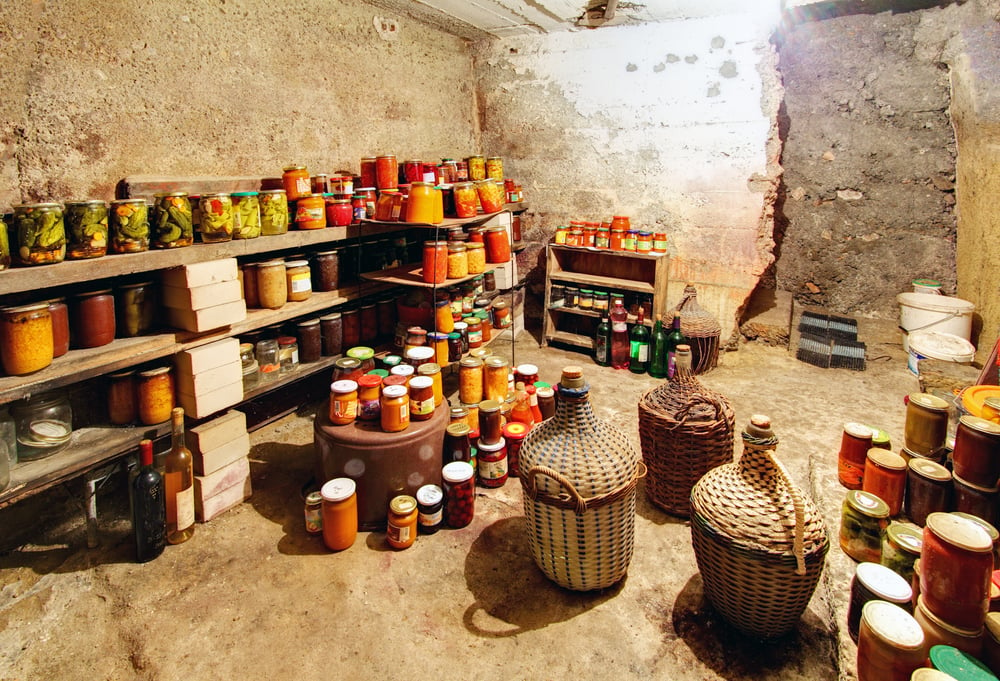
One of the habits of preppers that immediately come to mind is the stockpiling of food in case of natural disasters. People that hoard are often viewed in a negative light, but stockpiling of food that will survive for long periods of time is good, common sense.
Our forefathers had to preserve food in the summer months in order to survive the lean winter months. They did not have the luxury of running to the corner market to stock the larder.
As a result of the pandemic, we have seen shortages due to disruptions of agriculture, transportation and the retail establishments. This has focused a light on the practicality of stocking food in case of a crisis.
Some of the best foods to stockpile include:
- Dried beans
- White rice (lasts longer than brown rice due to processing)
- Salt
- Coffee
- Flour (white flour lasts longer than whole grain)
- Powdered eggs
- Powdered milk
- Dried fruit
- And canned meats, fish, and vegetables are other items that will survive without refrigeration
With a few of these staples, life may be maintained and spirits kept higher, even in times of emergency or shortage.
Water is One of Our Most Critical Needs
Most of us think more about food than water, but water is far more critical for our survival.
In the event of a municipal water failure, we would experience a great emergency in our country (and if your own well fails or become contaminated it's a good idea to have a backup water source). Thus, It is important to know how to purify water by boiling, or filtration, and how to secure it.
Rain water can be caught from gutters in rain barrels, but it must be purified prior to use. Also, it is wise to keep some water reserves on hand in case of a failure of the water system.
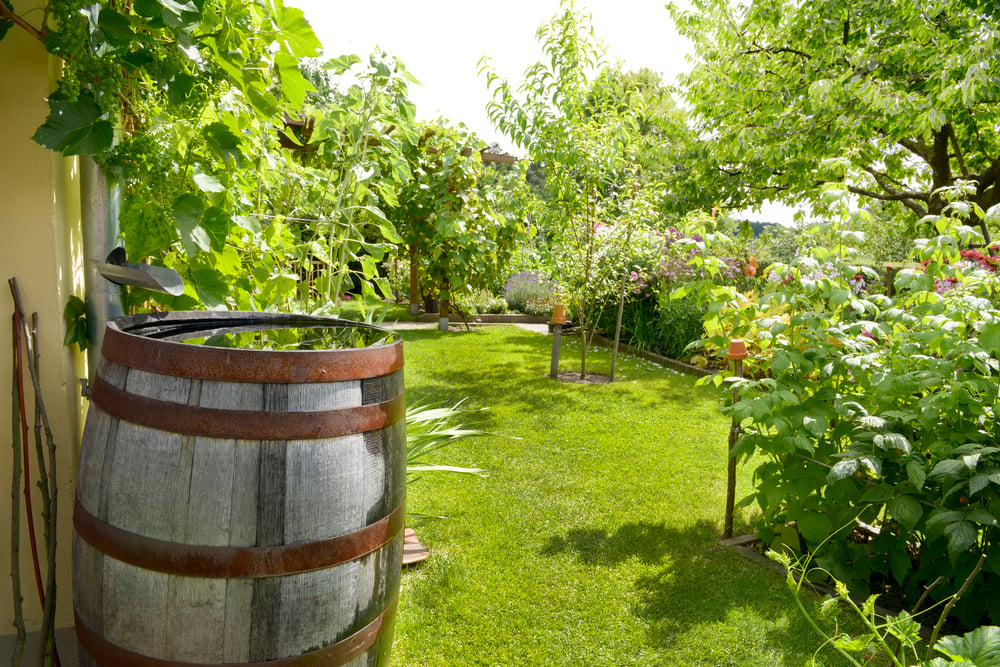
In case of failure of the water system, there are some basic steps to keep in mind.
- Purchase water in volume and maintain enough to last for several weeks. Another way to accomplish this is to fill clean containers with tap water for emergencies. At the first sign of lower water pressure, fill bathtubs with water for bathing, flushing commodes, etc.
- Water is more critical for human life than food. We can only survive for 3 days without water, but 3 weeks without food.
- Gray water (previously used for washing dishes or other needs) may be used for flushing commodes or other tasks not requiring sterile water.
Gardening is an Important and Desirable Skill for Rural Residents
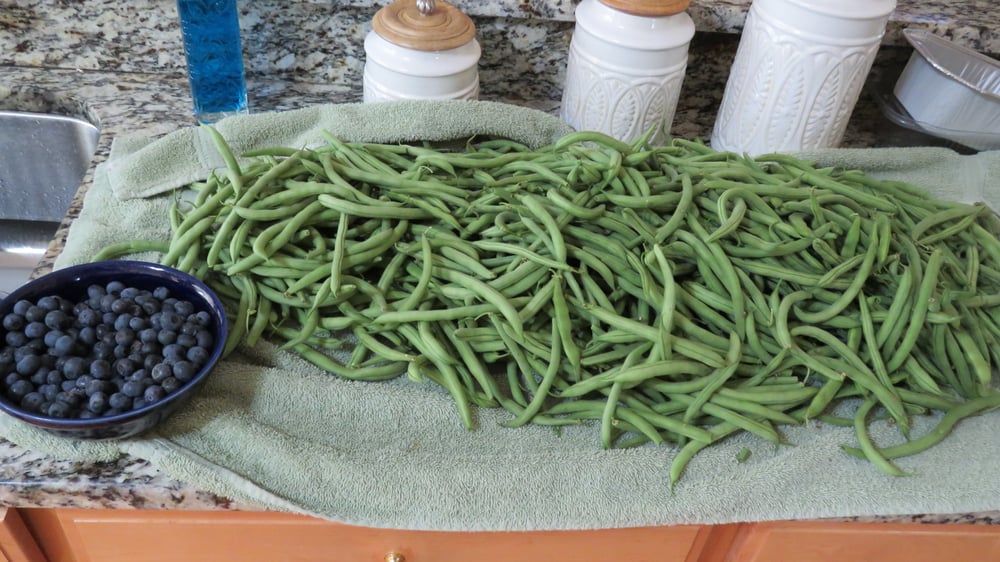
Gardening is a skill that every prepper should develop. It requires hard work, but the fundamentals are easily acquired.
The basics may be learned online, but the first season of planting will instill a lot of knowledge that may not be obvious in the written text (See “Gardening for Beginners” by L. Woodrow Ross on Amazon Kindle).
No consideration of planting and cultivating a garden would be complete without a discussion of food preservation by pressure canning, atmospheric water bath canning or dehydration.
The bounty of a garden should not be wasted. It can be a source of savings, but it can also provide some of the most amazing, tasty, fresh food for the table.
Nothing is so good as enjoying the fruits of your labor in the cold, dark days of winter...emergency or not!
Learn more in our Gardening section.
Proper Plant Identification is Essential for Foraging
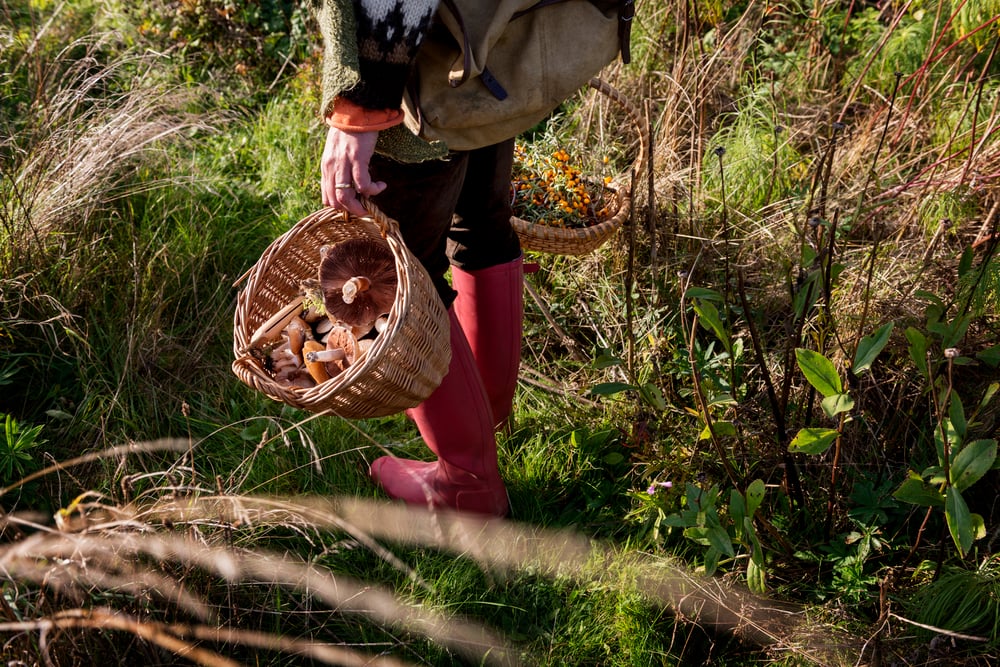
Foraging for natural food is a lost art for many.
There are wilderness schools, guides for wild edibles, and plant identification guides that will help to train us to identify and harvest wild foods such as nuts, berries, mushrooms and herbs that will enhance our tables with abundant wild foods.
One website that comes to mind is “Name That Plant”. The moderator is Janie Marlow, and she is assisted by a number of knowledgeable people in publishing a detailed, online guide for plant identification.
Read more in: Foraging for Beginners.
Skills that are Useful and Entertaining to Preppers
In addition to the food and water requirements of prepping, there are many skills that are useful for daily rural living.
Carpentry, cooking over a wood fire, hunting to secure food, leatherworking, fishing for food, tool maintenance, landscaping, foraging and using herbal remedies are useful skills that can be developed with diligent effort on the part of most individuals.
In our modern times we have become more dependent on others to perform tasks that in previous times were accomplished by the average homeowner. If we apply ourselves and do the research, we will be amazed at what we can do.
Some of the skills that have become important to me as a prepper are:
- leatherworking
- knife making (from scrap metal)
- archery and making of archery equipment
- fire starting with bow drill and ferrocerium rod
- flint knapping, trapping
- hide tanning
- fly fishing and fly tying
- kayaking
- small and big game hunting with bow and gun
- gardening
- journaling
- writing about these pursuits in books and magazines and supplementing with photography
We can Benefit from Historical Knowledge of Our Ancestors
Our ancestors from even just a generation ago possessed far more practical prepping skills than most people do today.
And if they could learn them, so can we. Many of these skills are within the reach of most of us and they serve important needs in the rural lifestyle, but they also are entertaining and reward the individual by reinforcing self-confidence.
The “old ways” are important in times of need and it may be surprising how helpful they are. You don’t have to become an expert to appreciate and benefit from the knowledge and reach a functioning level of performance that will enrich your lifestyle.


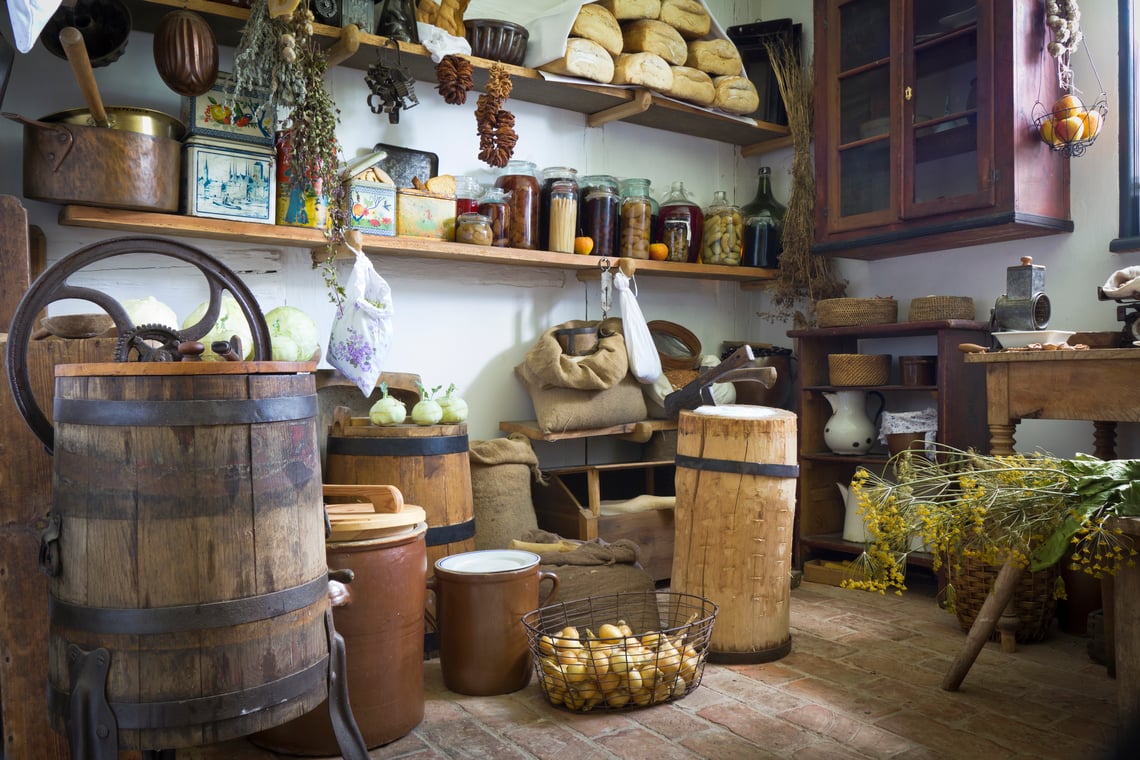
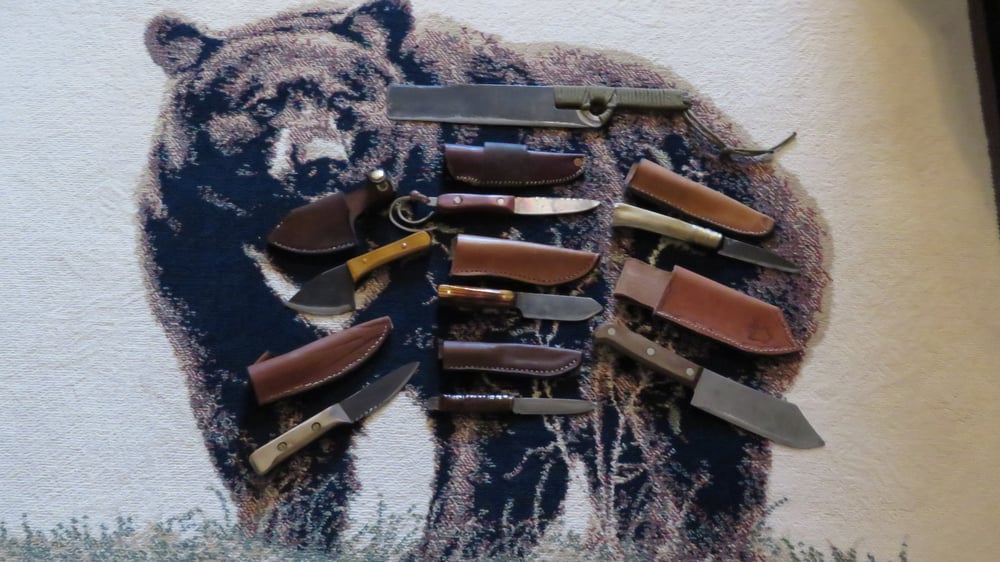
.jpg)
